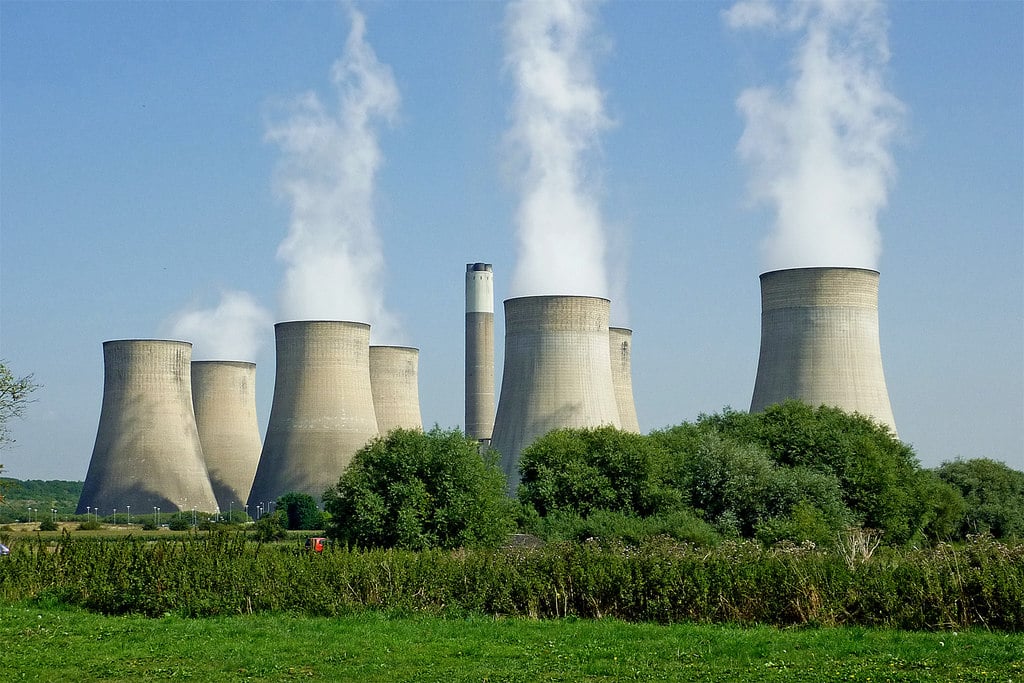UK ministers will be publishing new details regarding the national decarbonisation plan, which reportedly will include investing in new nuclear power stations.
—
The UK government will look to fund new nuclear power stations and put more emphasis on nuclear power as part of the country’s strategy to reach net zero carbon emission by 2050.
Reported by the Financial Times, the new nuclear-centric plans, which will feature new details for decarbonisation, will be released within the next week or two. The possible shift towards nuclear energy comes amid the national fuel crisis driven by the lack of lorry drivers, highlighting the country’s dependence on fossil fuels.
The proposed strategy will see the creation of a “regulated asset base” (RAB) model to deliver future large atomic power stations, where British households will be charged with an energy levy to cover the costs of the power plant – even before the facility starts generating electricity. This could potentially take around a decade or even more.
The RAB model is designed to encourage investment by institutional investors, such as pension funds, by guaranteeing steady returns from early on.
Originally, existing nuclear reactors in the UK were due to be retired by 2035, with the construction of only one single new nuclear plant approved. With this new direction to achieve net zero carbon emissions, the strategy will look to incorporate small modular reactors (SMRs), which can be built in factories, and have lower costs and risks than large atomic plants.
A government spokesperson told Reuters that constructing at least one more large-scale nuclear project in the next few years will also “strengthen energy security and create thousands of jobs”.
You might also like: Nuclear & the Rest: Which is the Safest Energy Source?
Reports regarding the UK’s nuclear strategy come just days after France announced its intention to invest €1bn in nuclear energy by 2030. Much like Britain, France had originally planned to phase out and reduce the country’s nuclear power generation from 75% to 50% by 2035. President Emmanuel Macron, however, is looking to change tactics in the midst of energy price surges and ahead of the upcoming UN climate summit where world leaders will meet and negotiate on more ambitious climate action and goals.
Macron states that France “will continue to need [nuclear] technology”, a sentiment that is echoed by a number of other EU countries. Earlier this month, 10 countries from the European bloc urged the European Commission to include nuclear energy as part of the upcoming sustainable finance rules. In other words, to label nuclear as a green energy source.
Many argue nuclear energy can help the world transition away from fossil fuels and fill the gap before the world is able to generate 100% renewable energy. Microsoft co-founder climate action advocate Bill Gates once said, “Nuclear is ideal for dealing with climate change, because it is the only carbon-free, scalable energy source that’s available 24 hours a day.”
But nuclear waste does have serious environmental impacts. Radioactive waste from uranium fuel can remain at dangerous levels for anywhere from a few decades to 10,000 years, while heavy metals from nuclear waste pose high risks of poisoning agricultural land, fishing waters or freshwater sources. Governments would need to invest and expand infrastructure in nuclear waste management as part of the net zero emission strategy.
Featured image by: © Copyright Roger Kidd




















